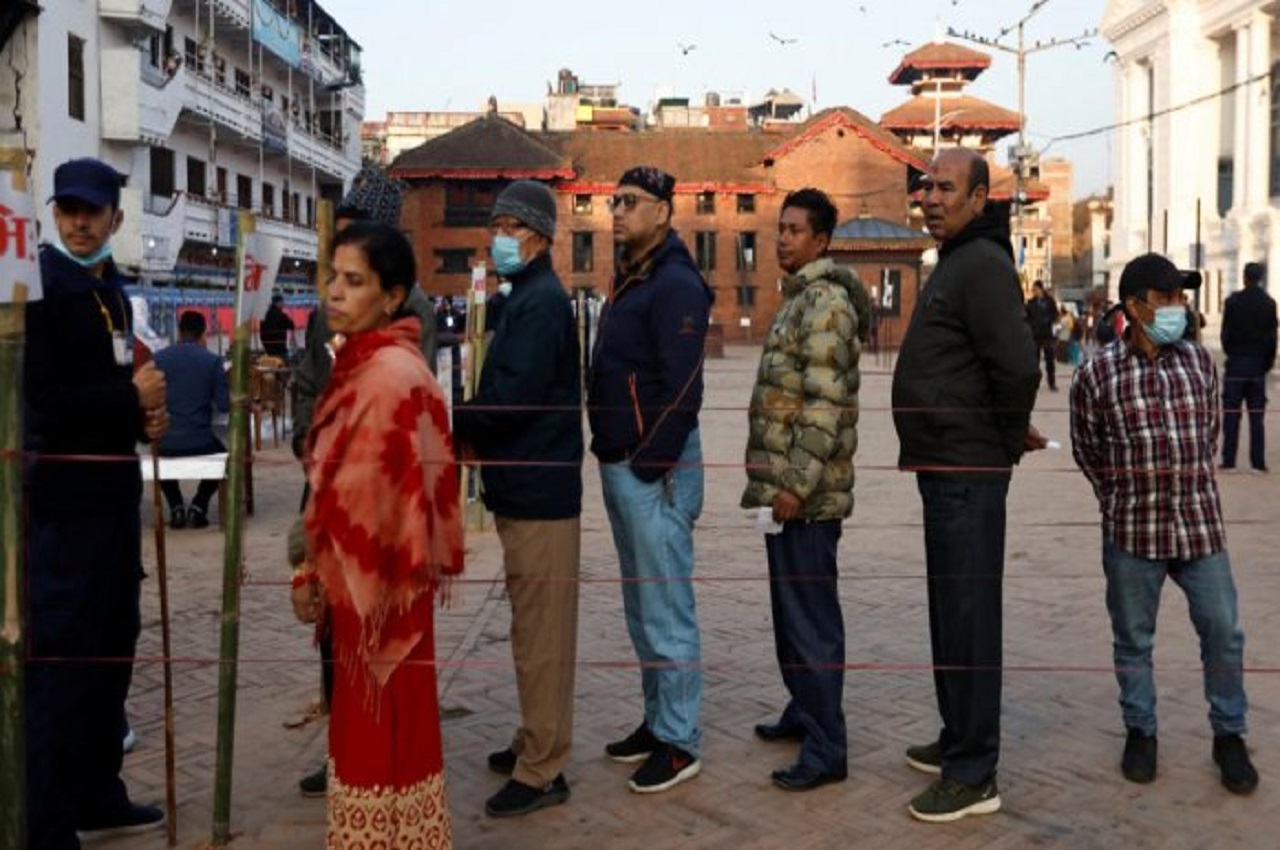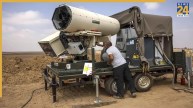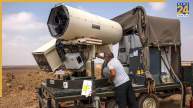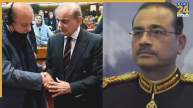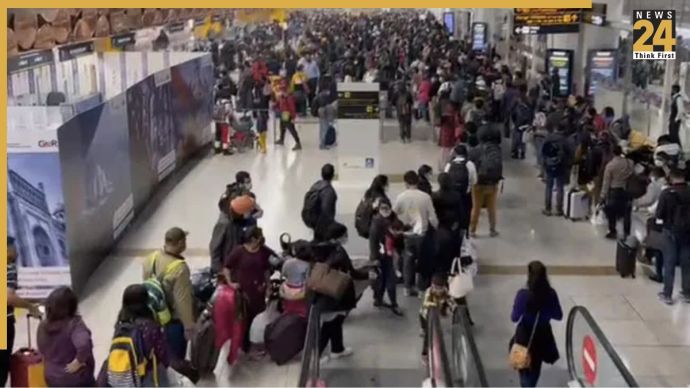Kathmandu: Voting to elect Nepal’s new House of Representatives of the federal parliament and seven provincial assemblies has started in the country on Sunday.
About 18 million eligible voters are voting for the 275-member parliament and the 550 members of seven provincial assemblies through a mix of first-past-the-post and proportional representation systems.
The Nepali Congress and the Communist Party of Nepal (Maoist Center) from the ruling alliance have formed a five-party electoral alliance for the elections, while the Communist Party of Nepal (Unified Marxist Leninist), the largest opposition, has also joined hands with others for some seats.
“The voting has commenced peacefully across the nation,” Surya Aryal, deputy spokesperson for the Election Commission, told news agency Xinhua.
“We expect the voting to continue smoothly the whole day.”
“I’m voting with the hope that the one who gets elected will work for the betterment of our place,” said 41-year-old Jeevan Khatri from Bhaktapur, a city in the Kathmandu Valley told the news agency.
Nepal has adopted a mixed electoral system, in which 60 per cent of the representatives to the lower house and the provincial assemblies are elected through the fast-past-the-post voting system, while the remaining 40 percent are filled through the proportional representation system.
As many as 2,412 candidates are in the race for the 165 seats in the lower house under first-past-the-post, and 2,199 for the 110 seats under the proportional representation system, as reported by Xinhua.
Similarly, 3,224 candidates are competing for 330 seats to seven provincial assemblies under first-past-the-post, and 3,708 for the 220 seats under the proportional representation system.
In Nepal, the government has declared a holiday for Sunday, which is a working day in the country.
Political analysts said that the new government would face the challenge of reviving the economy and curbing high prices amid fears of global recession.

